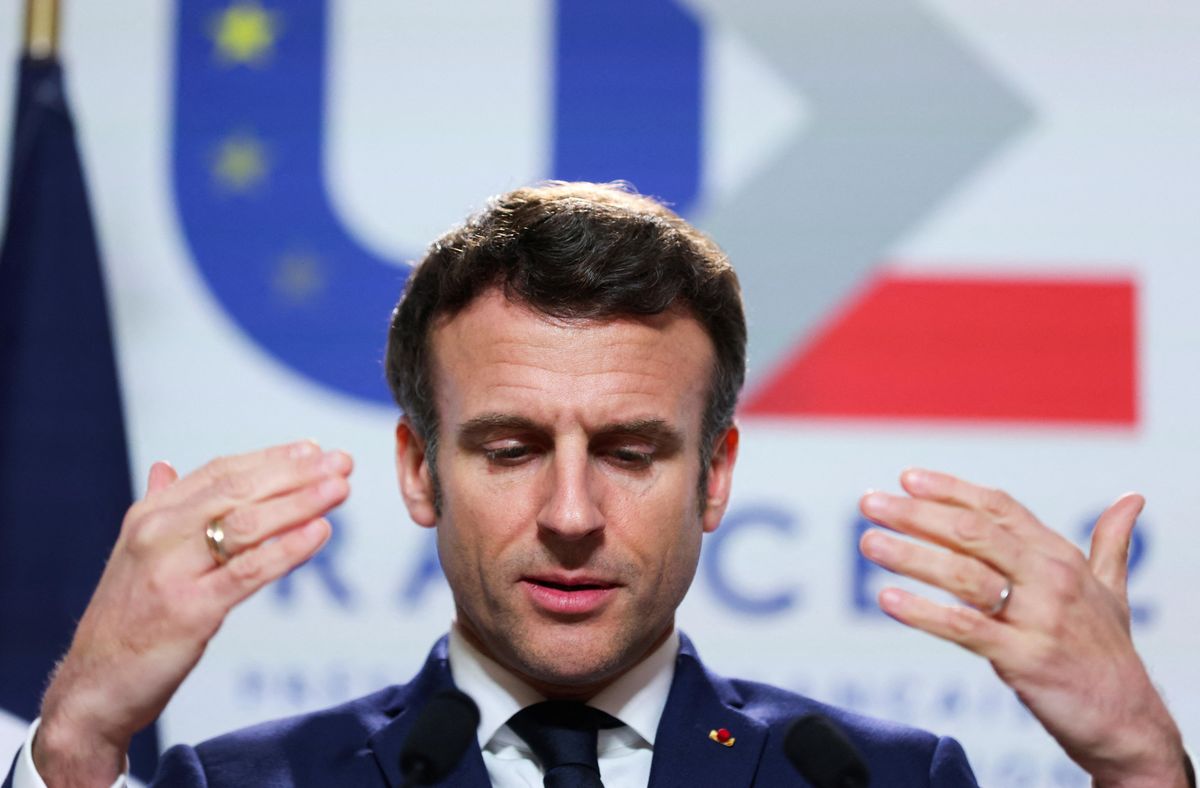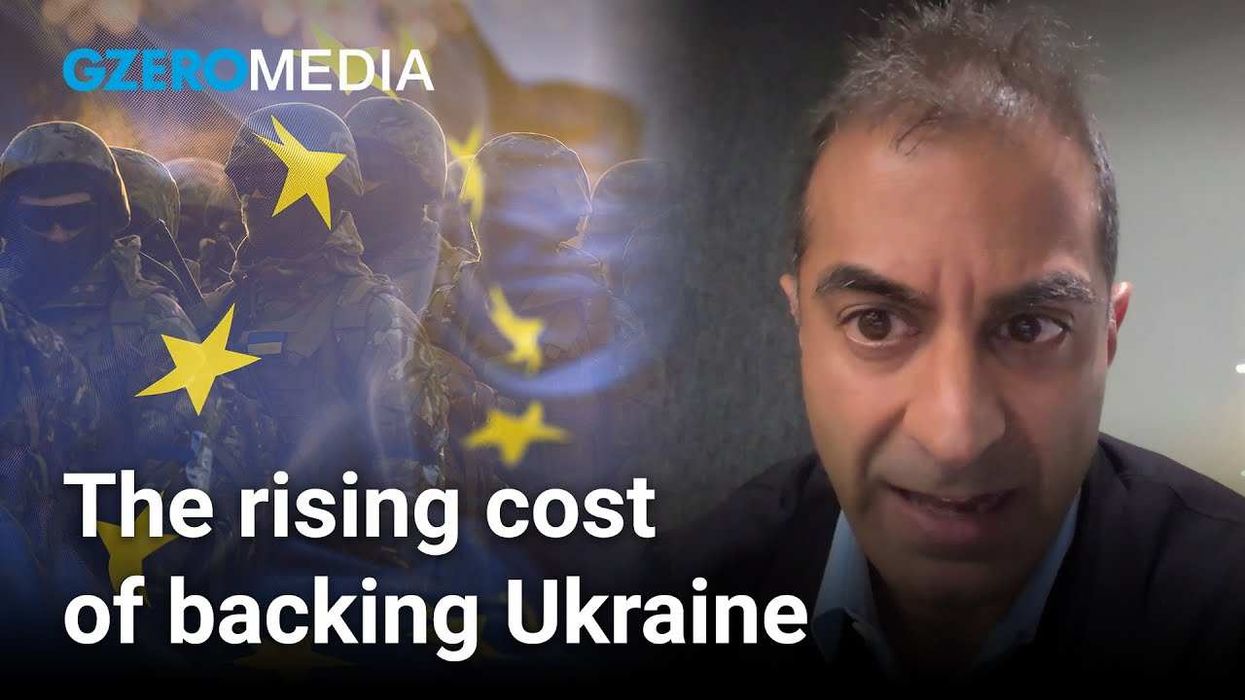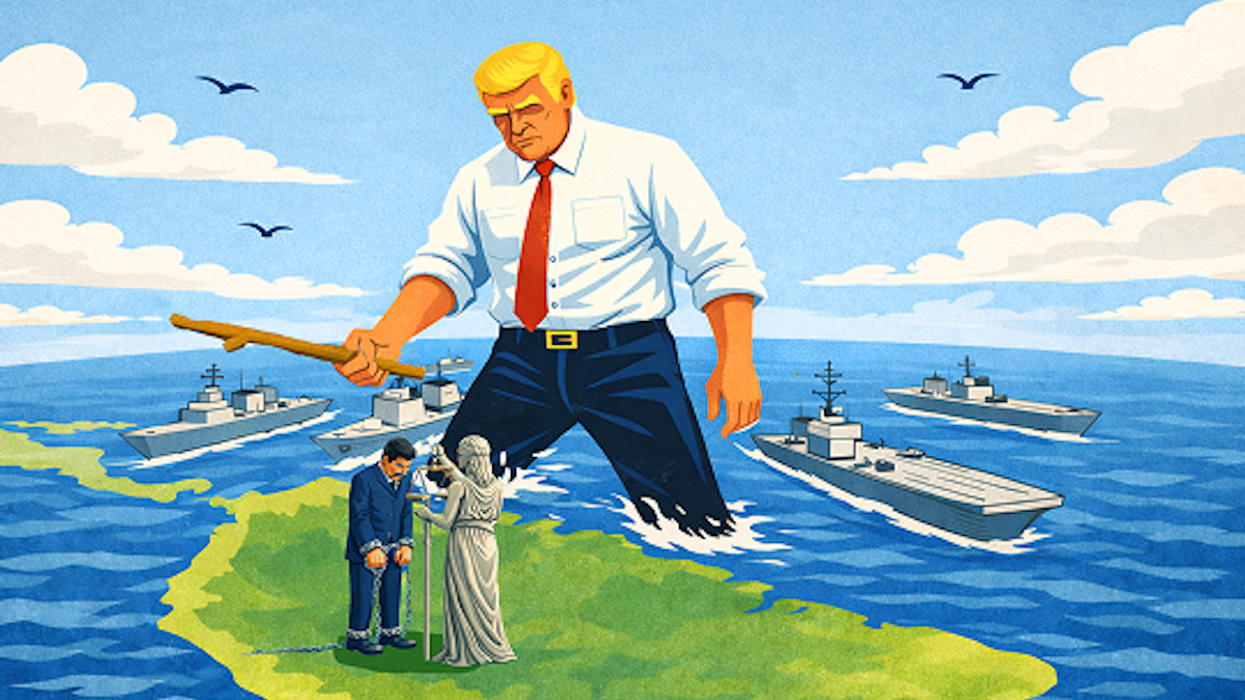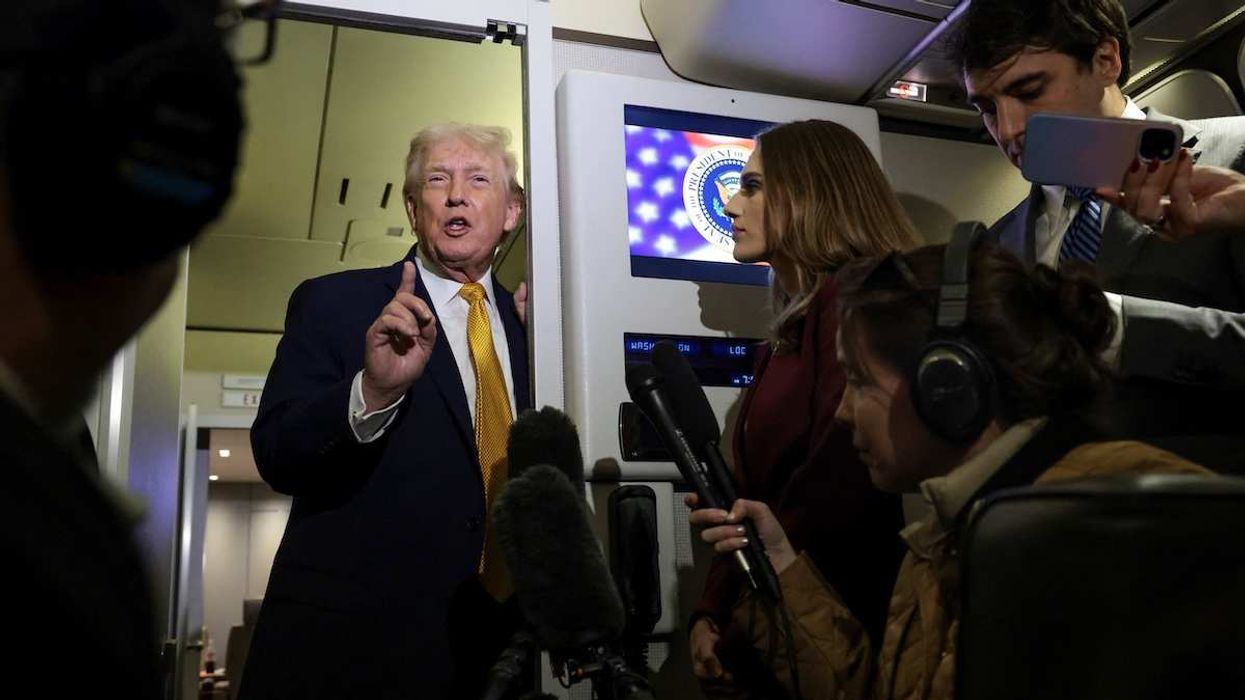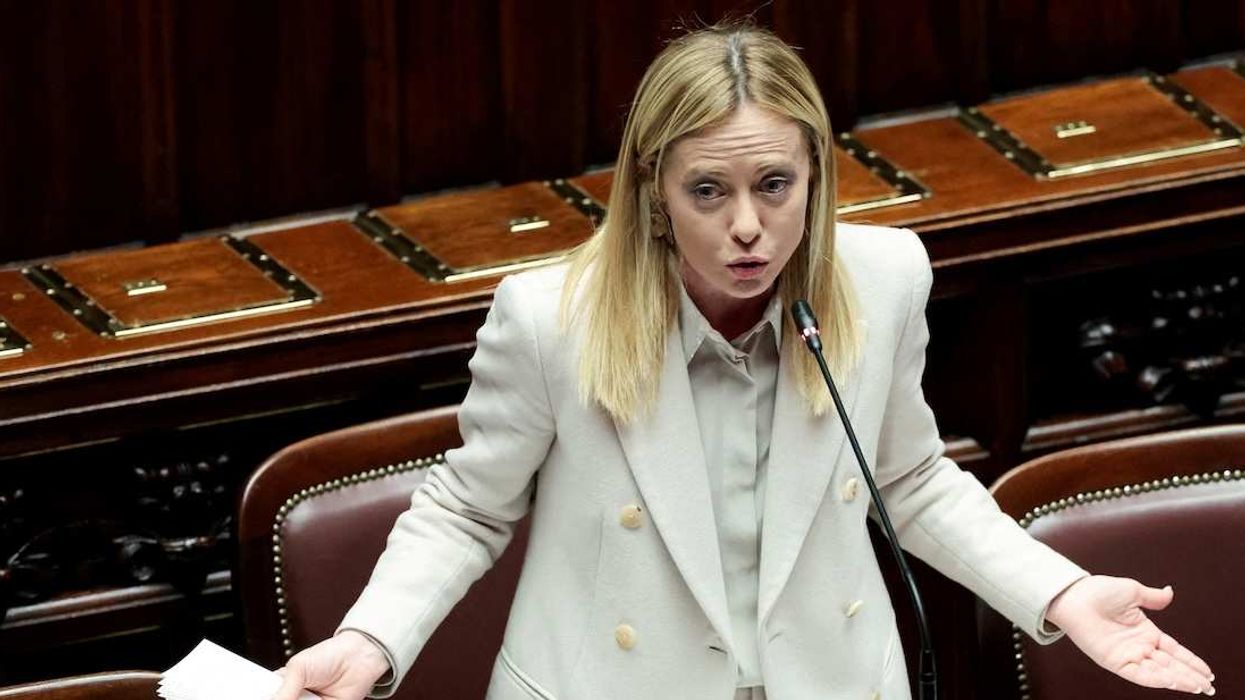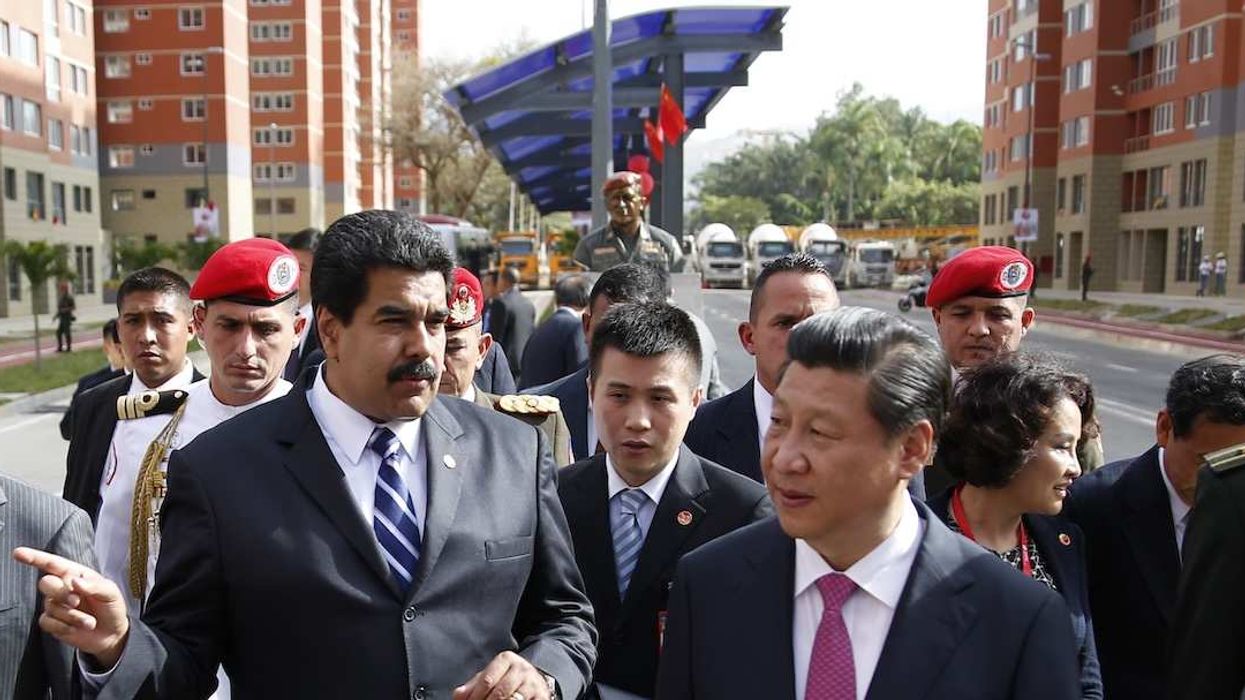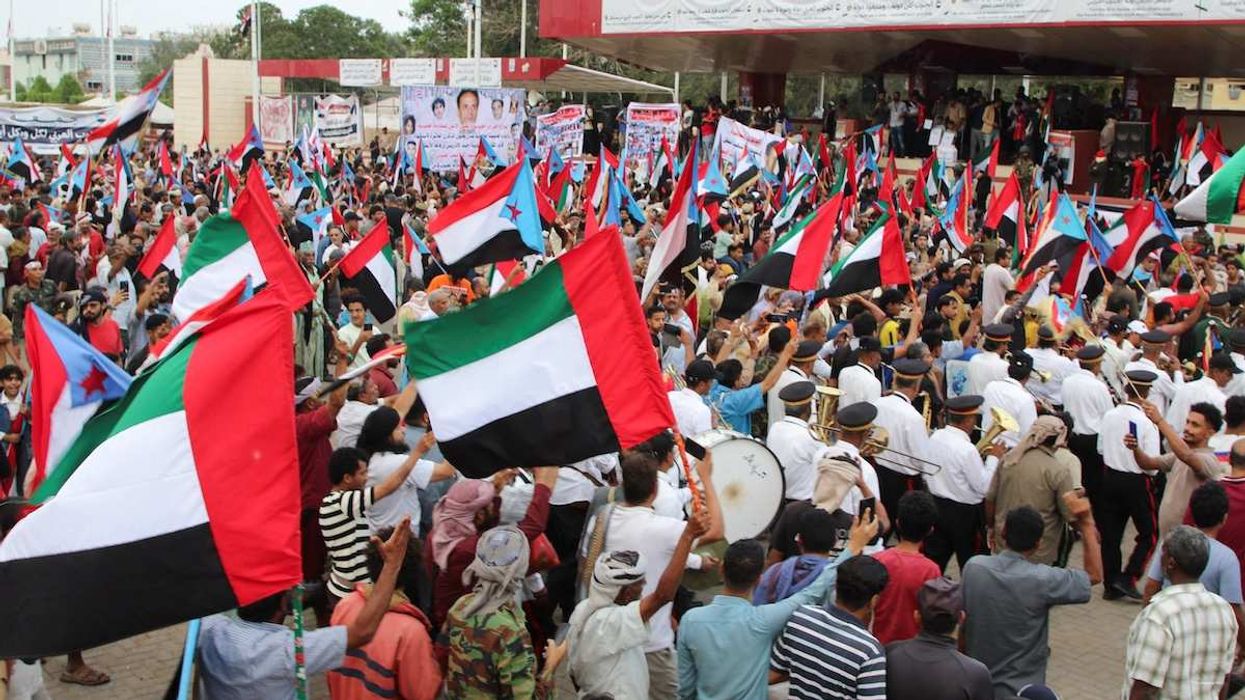Macron’s Ukraine boost
Less than two weeks before France’s presidential election, incumbent Emmanuel Macron has a nine-point lead ahead of far-right firebrand Marine Le Pen. The war in Ukraine has given Macron a chance to showcase his statesman bonafides, boosting his lead in the polls. He has spoken with Vladimir Putin many times over the past month and is trying to coordinate a humanitarian corridor for residents of Mariupol (though that seems to have failed). Macron’s critics say he’s used the war to avoid going head to head with rivals on domestic issues. Still, Macron isn’t popular. The centrist is seen by many as an aloof elitist detached from real people’s problems. What’s more, while unemployment is at a 13-year low, soaring food and fuel prices are fueling voter antipathy and, for some, apathy. A recent poll found that only one-third of French voters plan to cast their ballots. But with the left imploding and the far-right remaining divided, Macron wins by default (though the second-round runoff with Le Pen could be much closer than their 2017 face-off).
DRC joins East African economic bloc
The Democratic Republic of Congo was admitted on Tuesday into the East African Community, the regional economic bloc. Once lawmakers ratify accession, DRC’s citizens will be able to travel visa-free to the other six members — Burundi, Kenya, Rwanda, South Sudan, Tanzania, and Uganda — while most tariffs will be lifted for most DRC products. The EAC, in turn, theoretically gains access to the Atlantic Ocean via a tiny strip of DRC land, as well as the DRC’s 90 million people and natural resources. But there are two big problems. First, the DRC urgently needs to upgrade its road and rail networks. Second, and more importantly, the DRC government must do a much better job on security. Last December, it asked Ugandan troops to help combat the Allied Democratic Forces, one of several rebel groups operating in the resource-rich eastern part of the country. On Monday, DRC forces clashed with M23 militants, which a decade ago controlled swaths of Kivu province but have since mostly retreated to neighboring Rwanda and Uganda (which the DRC and UN have accused of supporting the rebels).
